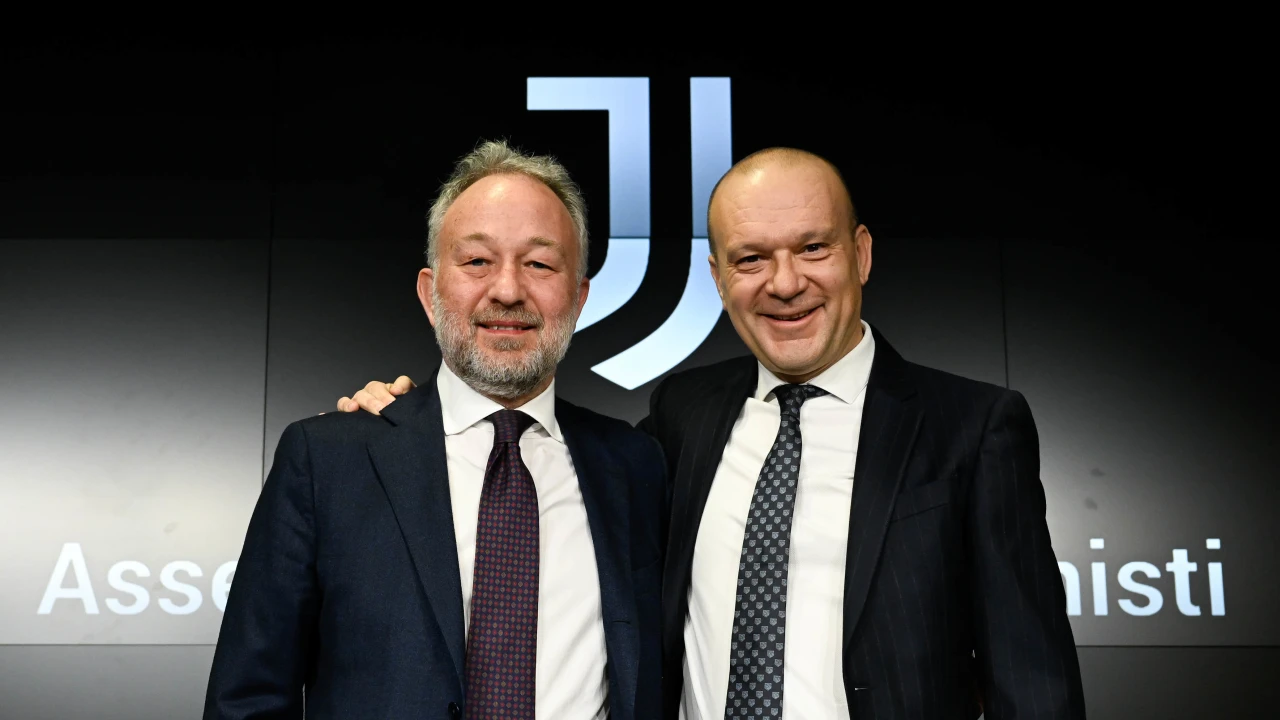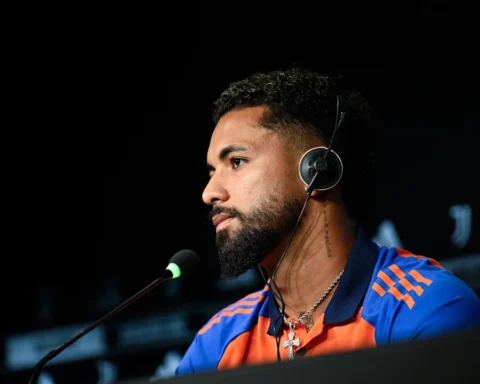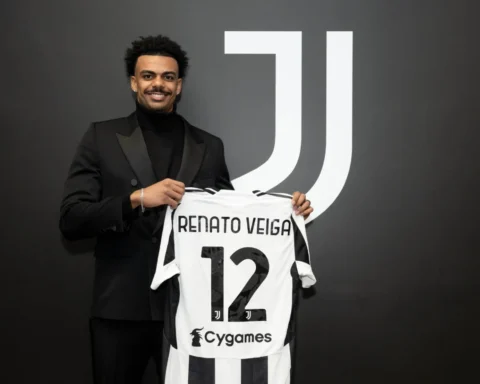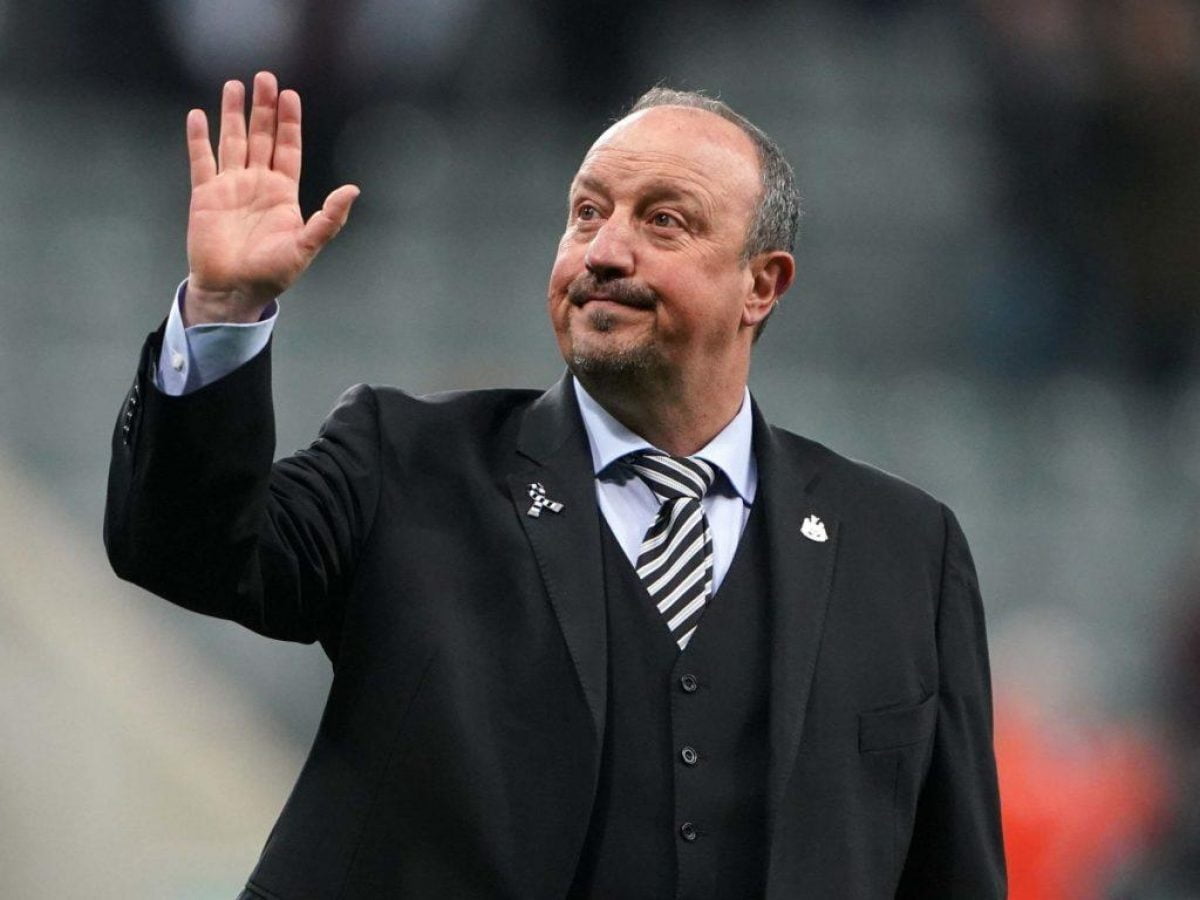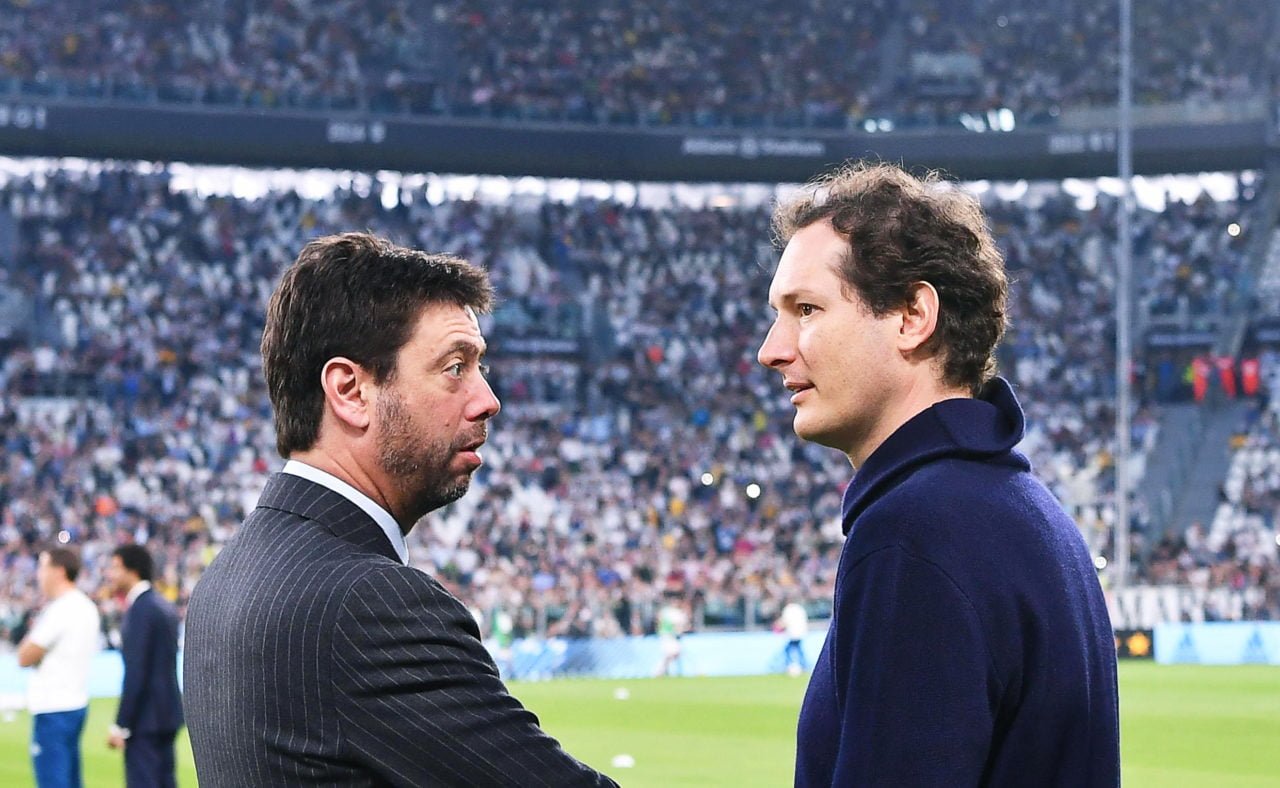Juventus CEO Maurizio Scanavino believes it’s ‘peculiar’ that so many of the club’s management were wiretapped for so long. Speaking with Tuttosport, Scanavino touched on a range of issues impacting the club, including European competition, the issues impacting Italian football and the issue of the wiretaps that saw the Bianconeri board resign in 2022:
The leagues are suing the big international events, everyone is fighting for space in the calendars. Can there be a balance between local and global football?
“In my opinion, it’s more an issue of the total number of matches that teams must play. And so personally, I believe that a greater balance must be found on that number. Because then there are also national teams and, for example, many of our players are always called up and this further increases the games. Among other things, national teams absorb 25% of our players’ time, for whom we have 100% of the economic burden and this without any type of insurance or guarantee from those who organize the tournaments. In short, 25% of the players’ time is not at our disposal. Then we gladly make them available to their national teams, of course. However, it’s peculiar that a quarter of the time they don’t dedicate to their club of origin, which, as we all know, invests millions in these players, without being absolutely protected. From my point of view, therefore, it’s urgent to find a point of balance. And clashes are useless: in your opinion, if the Champions League or the Club World Cup disappeared, would those resources all automatically flow into the national championships? For me, no. So, in my opinion, the growth in value of domestic competitions lies in the development of the championship project. We have the example of the Premier League which has been very good at this and we must be able to make a qualitatively better project: from the point of view of the football expressed, the related structures, the spectacularization of the product, so that it can generate greater revenues and thus restart the flywheel of champions.”
What impression did sports justice make on you? You came from a completely different world and impacted against a mechanism that is not always consistent in its treatments.
“The great strategist was the president, Gianluca Ferrero, who approached the thing in a very concrete and pragmatic way. We made choices of confrontation and dialogue so as not to further compromise the championship standings and, in this way, also manage the European situation in a practical way, to be able to participate in the next Champions League. On the disparity of judgment between us and others, I don’t know what to answer. Let’s say there are many situations still pending, we wait to understand how they will be judged and if they will be judged. Certainly, the thing that is peculiar in the case of Juventus is that the previous management was wiretapped for months with thousands of hours of interception. Treatment that doesn’t seem to me to have been, even minimally, reserved for others who had more or less the same problems. After that, on the judgment, on the final treatment, we wait to see what will happen also for the others.”
What idea have you formed about the internal disputes of Italian football?
“We have always been all together, professionals and amateurs, but in the last twenty years at least, professional football has become an industry that invests heavily and bears enormous economic and financial risks. These two factors should be taken into account in building the overall governance of football. Rather than on the much-vaunted “independence”, it would be important to focus on the right weight of Serie A in Italian football. Because then, if Serie A were able to create a virtuous path for growth, it’s not excluded that even greater resources would arrive for the entire supply chain. But… let us develop first! Then a redistribution method will be found.”
I provoke: what do you do with greater weight in the Federal Council if you never agree in the Serie A League anyway?
“Yes, it’s a very quarrelsome League where it’s difficult to carry forward innovative projects. Even in that case, it’s about finding a common project to be able to develop.”
Real Madrid has broken the billion-euro revenue ceiling. Will it ever be possible for Juventus to compete with economic dimensions of that type?
“Real Madrid is certainly the team that has best known how to develop its own project, having continuous sporting successes in all competitions and also developing the brand and all the commercial part very well, thus having the resources to continuously purchase great champions. In short, it’s the most virtuous example there is. Then the comparison between Juventus’ and Real Madrid’s turnover should be made also taking into account some specific constraints that we have, such as those of the Melandri law or the fact that their stadium is more than double ours. That said, there remains an enormous difference that derives from their capacity and their ability. No, therefore, the economic gap is certainly not bridgeable in the short term, as well as that with the first four or five Premier League teams. But the beauty of football is that fortunately money doesn’t play and results can be unrelated to turnover. We must have the ability to build a strong group that is able to compete, albeit with a different level of team cost. Certainly, it’s impressive to know that we are the eleventh or twelfth turnover in Europe, but we turn over half of the first ones.”
Financial fair play, setting the spending limit at 70%, doesn’t set a real spending limit, as happens in American sports where they reason in terms of absolute figure, not percentage.
“I believe that UEFA sets itself the goal of forcing teams to have economic sustainability, not to level economic competitiveness. I then see a problem also in the market mechanism, whereby if a purchase goes wrong for you, you remain nailed, because you have no right over your player who always has the last word.”
Does the project to build a stadium for Next Gen and Women still exist?
“I think so. It’s a project that we will analyze shortly if not already this season, maybe starting from the next one. We would certainly like to build a home for Next Gen and for Women. Then where it will be done, how it will be done, I can’t say yet. But the idea remains in our intentions.”
Speaking of Women: does the project continue with the same enthusiasm and conviction as before?
“Yes. Women’s football has enormous potential still unexpressed. We must continue the path of technical growth and increase commercial resources, for example by bringing sponsors. In Spain they fill the Camp Nou, we must follow that example.”
Are you giving enormous importance to social media: is that the club’s communication path in the future?
“Not the only one. It’s a project we strongly believe in and that is giving us enormous results. It all stems from a reflection: how to continue to have success in the social world after Ronaldo’s departure. But at the same time, it’s an effective way to communicate with new generations, of vital importance for us. The “Creator Lab” for us represents a place where content is created that has different types, lengths, and formats, ranging from TV series to daily posts.”
As a media man (he is also CEO of the Gedi group) do you believe in disintermediation?
“Disintermediation of information no! Absolutely not. Information is a very serious thing and must be handled with great care and it is precisely the function of newspaper editorial offices, of media in general, to represent reality as it is, certifying sources and making background comments that allow people based on reality to form an idea, to have an opinion and, without doubt, this cannot be guaranteed by citizen journalism or by companies that communicate directly to the public. We with our social media want to communicate what Juve is to a young audience and attract their attention.”
What do fans ask you when they meet you on the street and what do you answer them?
“At the beginning for 6 months it was always the same phrase: “Please: defend us and save us! Don’t let us go back to Serie B!” They were very worried about that risk. Then, once the judicial issues were resolved, they ask me to return to winning quickly and to see a bit of spectacle on the field. Here, in particular those who come to the stadium ask above all for a better spectacle.”
Is winning no longer the only thing that matters?
“Calm down, victory remains important and fundamental for the Juventus fan. But new generations also consider other factors and elements. In the recently concluded Olympics, we appreciated the effort, the suffering, the commitment. It’s something new that is emerging in Italian sports culture that maybe can become less obsessed with victory. Then Juventus is always Juventus and the key word must remain “competitiveness”. If you wear that shirt you must aspire to win and give everything you have to succeed. Commitment is always rewarded by Juventus fans.”

